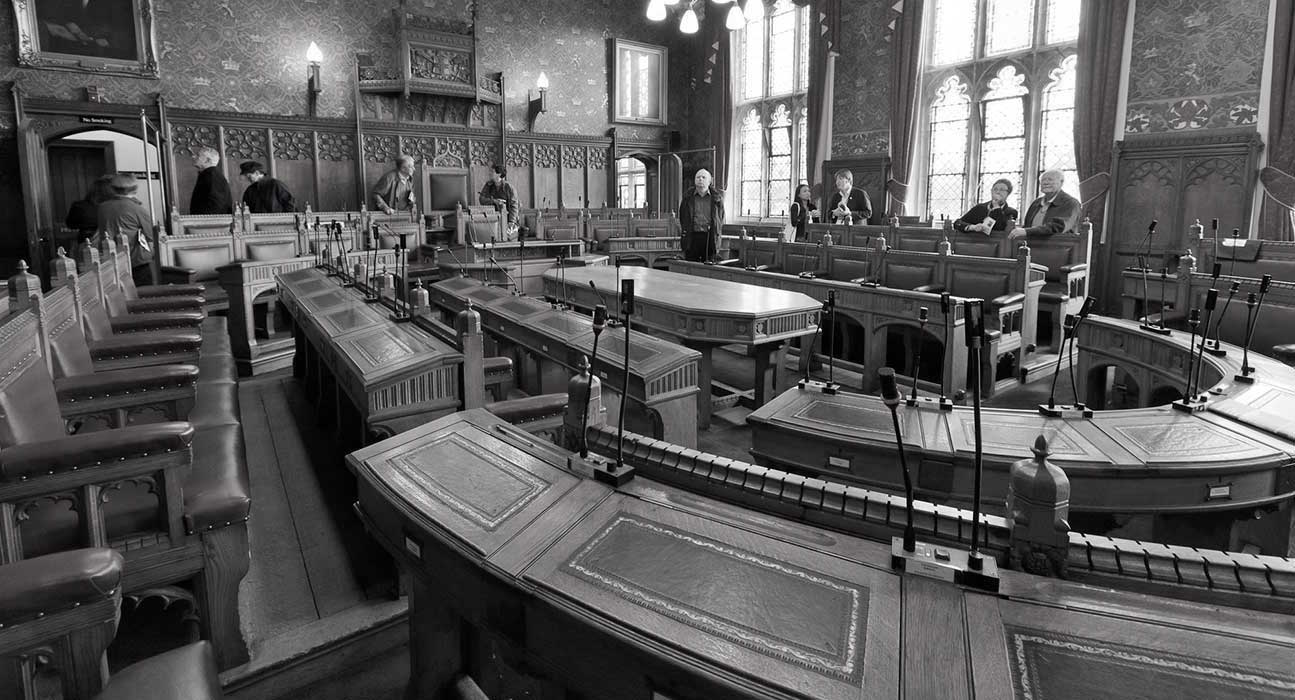Local Authorities are responsible for the economic, social and environmental well-being of their citizens. Councils should therefore protect the public money citizens entrust to their stewardship, not hand over control of Council budgets and financial decision making to unaccountable external outsourcing firms.
Councils should invest in training to increase financial literacy and competency within the Council and should seek truly independent advice rather than refer to organisations whose primary profit comes from public sector outsourcing, unlike CAPITA.
Local Government is being pressured to run more and more as a commercially focussed, profit making commissioning machine, from which the private sector can parasitise.
Local authorities should find ways to anchor investment, wealth and jobs locally, and give local citizens a much greater stake in how financial decisions and money flows are managed. It should follow the basic concept of “a commons’: that people should democratically manage common resources for the good of the community, the environment and the generations to come.
Change can occur through small steps like borrowing and investing with local banks, exploring crowdfunding & peer to peer finance at the local level and partnering with local co-operative businesses, rather than large multi-national corporations. Large structural transformations would include the creation of municipal, publicly owned banks and legislating for participatory budgeting in local authority finance. Local government procurement frameworks should be revised to positively discriminate towards these outcomes.
The Bank of Dakota is a state own bank where all bank profits are reinvested in the state through stable low-interest rate credit, which is available for the local authority, local small businesses and citizens. Profits are returned to the community rather than being skimmed off by a far-away bank lender. The bank does not compete with local banks but partners with them, helping with capital and liquidity requirements. It participates in loans, provides guarantees, and acts as mini central bank. The result is that North Dakota has a strong community banking sector, with four times more community banks, per capita than the national average and an economy that successfully survived the financial crisis.
The city of Peurto Allegre, Brazil pioneered over thirty years ago a process called “participatory budgeting” that directly involves citizens in determining priorities for municipal spending. It’s since been used in over 3000 cities across the world. The idea at the core is that citizens don’t just review or “input” on the Council budget, but they actually have the power to decide how public resources are used. Each experience is different, but most follow a similar basic process: citizens brainstorm spending ideas, delegates develop proposals based on these ideas, citizens vote on proposals, and the Local Government implements the top projects. Some research has being undertaken towards implementing similar processes in the UK.
